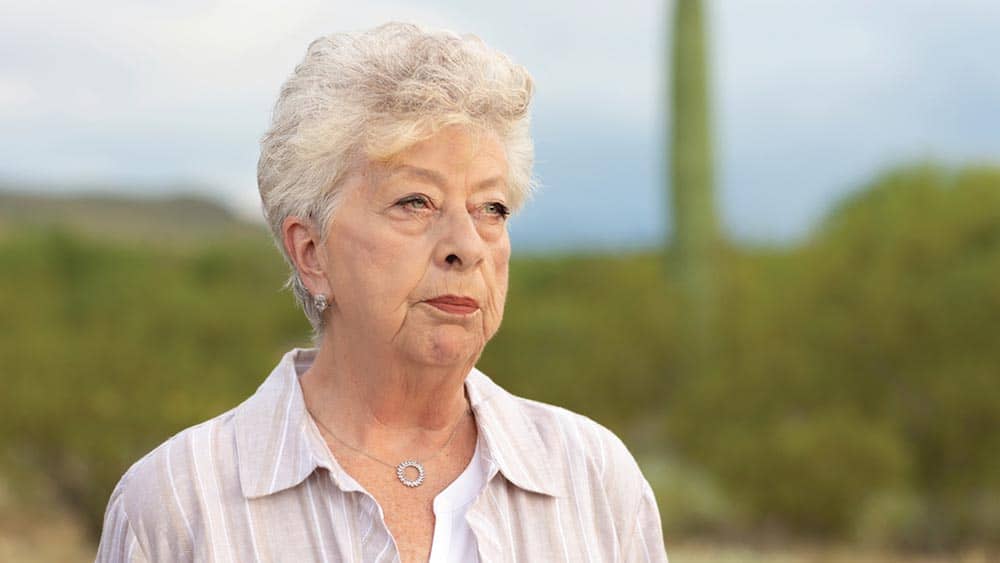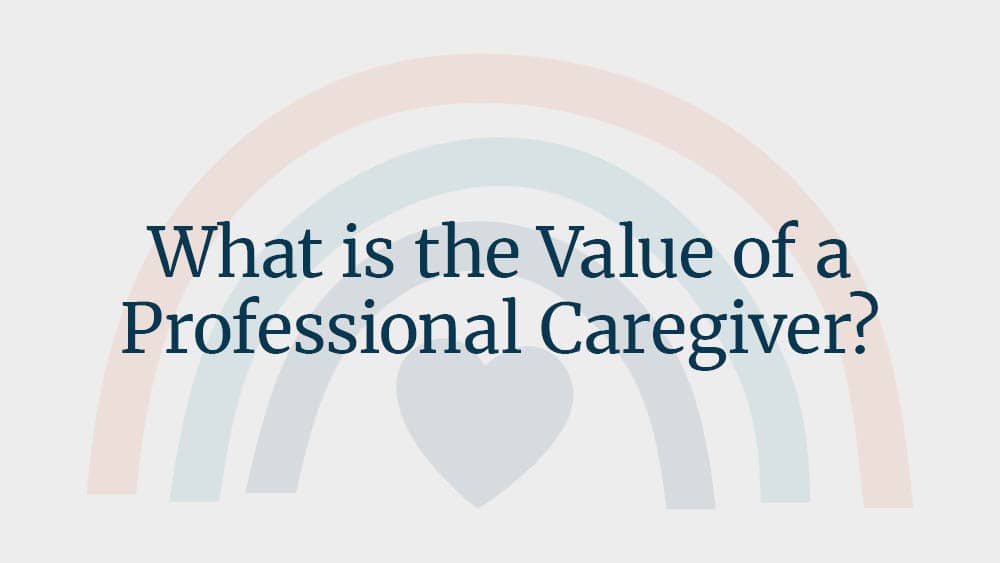

Family Caregiving From Afar: Practical Advice and Tips
During the holidays, family and friends from near and far gather to enjoy the festivities of the season. Often, after these visits, an adult child becomes concerned about the well-being of their aging parent. Perhaps the adult child noticed that their parent isn’t as steady on their feet or has difficulty keeping up with their self-care. This can cause a lot of stress and anxiety when the adult child is hundreds of miles away and can’t be there to ensure their parent is safe. However, it is possible to help an elderly loved one even when living at a distance.
Strategies for Long-Distance Caregiving
Experts suggest that family members separated from elders can stay actively engaged in their care, even remotely, by maintaining regular communication and doing some coordination. While there is no substitute for the intimacy of physically being there with an elderly person, phone calls, texts, emails, and videoconference chats can go a long way toward getting a handle on matters concerning the person’s care.
As an adult child or grandchild, you can be a long-distance caregiver by managing care plans from afar or simply talking and listening to your older loved one and their care team. Asking your elderly loved one what they need or what you can do for them is a great start.
Experts advise only taking on the tasks most practical and comfortable for you to navigate. Don’t feel pressured to be the “hero” by trying to do everything because that will only cause stress and resentment. Lean into what you are best able to do or can best contribute based on your strengths or skills. Perhaps you’re good with numbers. Maybe you have a knack for organizing things. Whatever you do, don’t act alone or unilaterally if there are siblings or other family members who have a stake or may want a say. Experts advise convening a family meeting to collaboratively arrive at a written plan of care or action that everyone is on the same page with. Responsibilities should be divided up and expectations stated so there is transparency and clarity from the start. The plan should be flexible enough to accommodate changes that occur with your older loved one and their caregivers over time. Right at Home offers a FREE RightConversations® Guide to help address communication barriers and any possible conflicts within the extended family to bring everyone together in the spirit of helping your loved one.
Long-Distance Caregiving Tips
There are many ways you can be an active caregiver from a distance. Here are some ideas for how you can be involved and tips to consider:
- Many issues can be avoided by staying in regular contact with your aging loved one and their care team, including the primary care physician and family members who live with or near the senior, to keep abreast of what’s happening. Put in place a regular schedule for contact with the type of technology you and your loved one are comfortable with.
- Arrange for family members, friends, neighbors, and community-based programs to deliver meals, provide transportation, and do home maintenance tasks as needed.
- Consider arranging in-home care through an agency so a home health aide can be the eyes and ears in the home and ensure the well-being of your loved one. Be sure to vet the home care provider thoroughly and understand how to choose the right provider. Once in-home care starts, establish frequent check-ins with your loved one and the agency to evaluate how things are going.
- Plan occasional in-person visits, incorporating quality time together while attending to important health care, household, and financial matters.
- If a home health aide or other on-site caregiver is providing care from a trusted agency such as Right at Home, coordinate your visit to relieve them of caregiving duties during your stay.
- If nearby family members or friends regularly provide care, organize respite care options so no caregiver feels overwhelmed or burned out.
- Research and order medical equipment, medicines, and other health care supplies as needed.
- Assist with paying bills and managing insurance claims if your aging loved one cannot manage this alone. Consider whether a power of attorney or other arrangement should be put in place to be able to effectively help your loved one. You may also wish to help facilitate putting advanced care plans in motion, such as choosing a health care proxy and preparing a living will.
- As warranted, explore long-term care options such as assisted living or a nursing home, but only after discussing this with your older loved one and other family members involved in their care.
- Be prepared if an accident or crisis arises by having a contingency plan in place so you can leave on a moment’s notice to be with your loved one while someone you trust looks after your home, children, and pets. Keep a packed travel bag.
- Generate and share a list of key family and health care provider contacts with everyone who needs access to them in case of an emergency.
- Share calendars online or in smartphone apps to coordinate care with others.
- If your aging loved one is willing to learn, teach them how to use texting and video call features on their cellphone.
- If allowed, join any telehealth visits your senior loved one has with their primary care physician or any conference calls or video meetings they have with assisting living or nursing home staff so you can be there as an advocate to ask questions and express concerns.
As a long-distance caregiver, if nothing else, you can stay connected with your elderly loved one to enhance their well-being. Focus on being proactive without being intrusive, and always make sure your loved one has a say in any plans that are made.
How Right at Home Can Help
Right at Home provides a wide range of home care services, from nutritious meal preparation and light housekeeping to help with hygiene and dressing. We can also provide respite care services to alleviate some of the stress family caregivers experience and provide a much-needed break. Use our office locator to find the nearest office and ask about a FREE in-home consultation.
Interested in receiving ongoing tips, information, and advice about caring for your aging loved one? Sign up for our monthly email newsletter.







